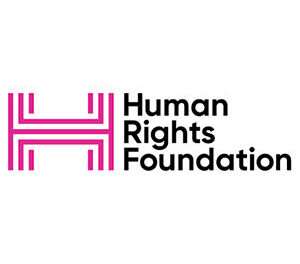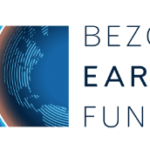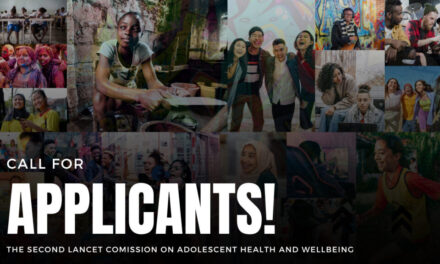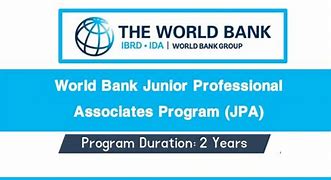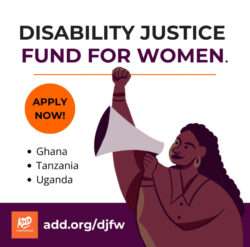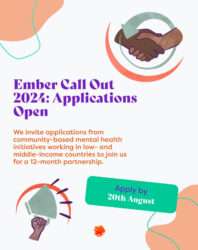UN Women Opportunity: Free Online Course on Utilizing Data to Combat Violence Against Women
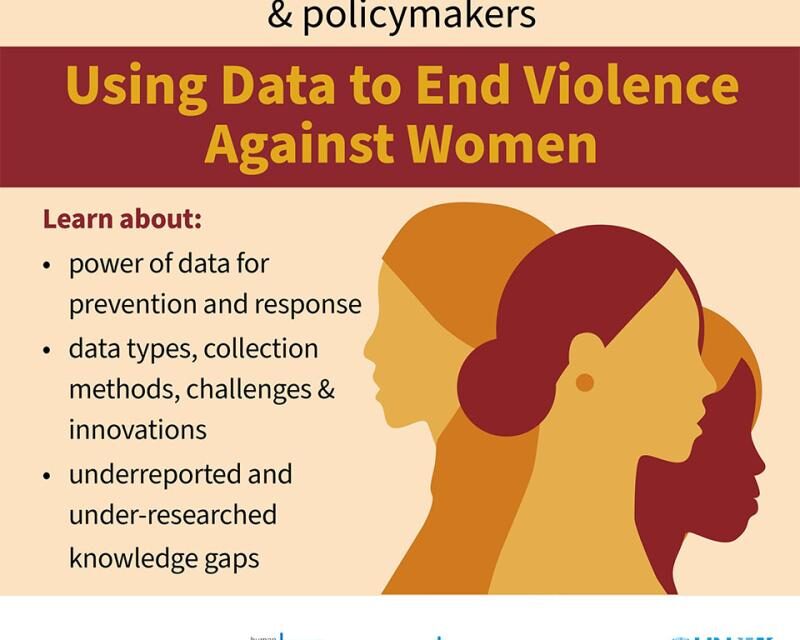
Introduction: A groundbreaking initiative is underway to equip public servants and policymakers with essential knowledge on leveraging data to combat violence against women. Developed in collaboration with the UN Women/WHO Joint Programme on Violence Against Women Data and Measurement, and in partnership with Apolitical, this free online course is now accessible on Apolitical’s peer-to-peer learning platform. Designed for individuals working in government and those closely supporting government initiatives, the course provides a comprehensive understanding of methodologies and the pivotal role of data in addressing violence against women.
Course Details: Around one in three women worldwide experiences physical or sexual violence in their lifetimes. This course, co-created with UN Women and the World Health Organization (WHO), delves into the importance of data in tracking, responding to, preventing, and ultimately eliminating violence against women. It explores various data types, collection methods, and addresses ethical and safety aspects of data collection.
Course Objectives: Upon completion of the course, participants will be able to:
- Understand key data types and collection methods for tracking violence against women.
- Identify gaps in data related to under-researched forms of violence against women.
- Articulate challenges and innovations in violence against women data collection.
Course Overview:
1. Understanding Violence Against Women Data:
- Definition and significance of violence against women data.
- Essential insights into why this data is crucial in the broader context.
2. Types of Data and Collection Methods:
- Exploration of various data types.
- Comprehensive understanding of collection methods.
- Considerations for managing and reporting, with a focus on prevalence surveys and administrative data.
3. Addressing Knowledge Gaps:
- Identification of underreported and under-researched areas.
- A focus on capturing diverse experiences, including older women, women with disabilities, and migrant and indigenous women.
4. Methodological Challenges and Innovations:
- Navigating challenges in collecting data, especially during crises like the COVID-19 pandemic and humanitarian emergencies.
- Ethical considerations and safety concerns in data collection.
Learning Time: 1 hour and 50 minutes (total)
Course Dates: Self-paced learning with bite-sized interactive lessons delivered to your inbox.
Who is this Course For? This course is open to any public servant, irrespective of level, seeking to enhance their understanding of the role of data in combatting violence against women. No prior experience with gender or violence against women policy is required.
How You’ll Learn: Courses adopt a practical approach, combining theory with tools and resources for immediate application. Participants engage with their peers in the Apolitical community through discussion forums and live events.
Enroll for Free: https://lnkd.in/dYum4bUA





